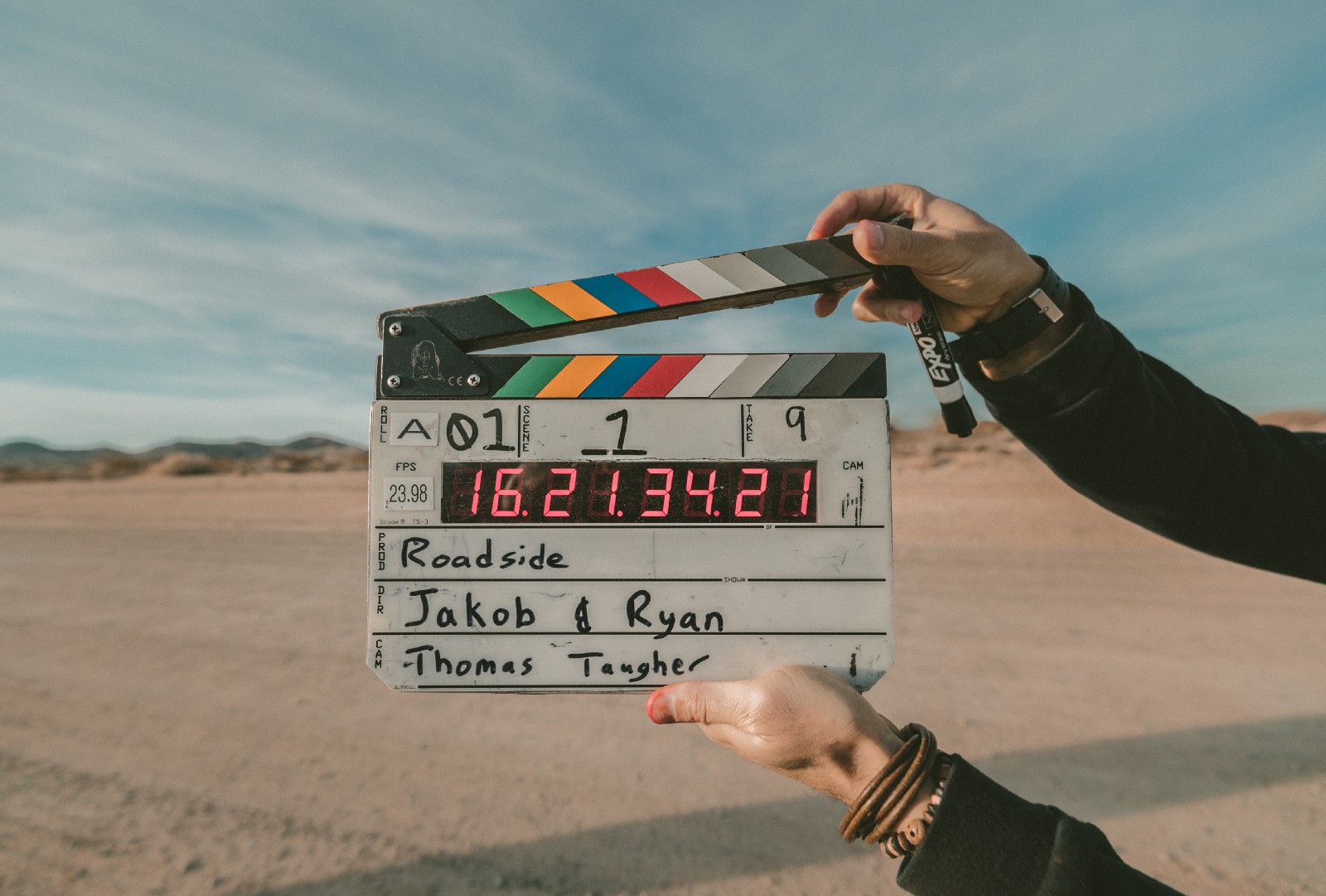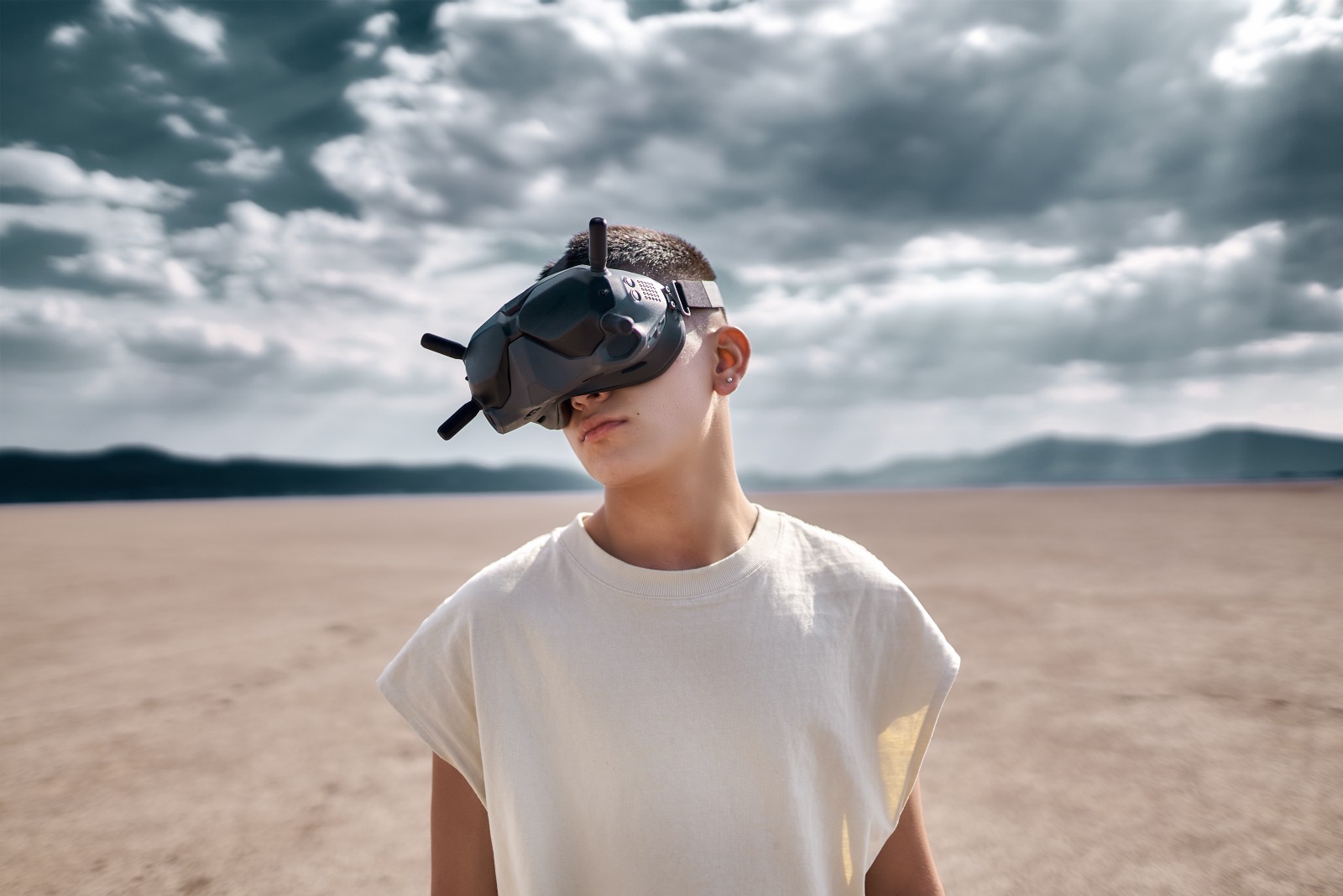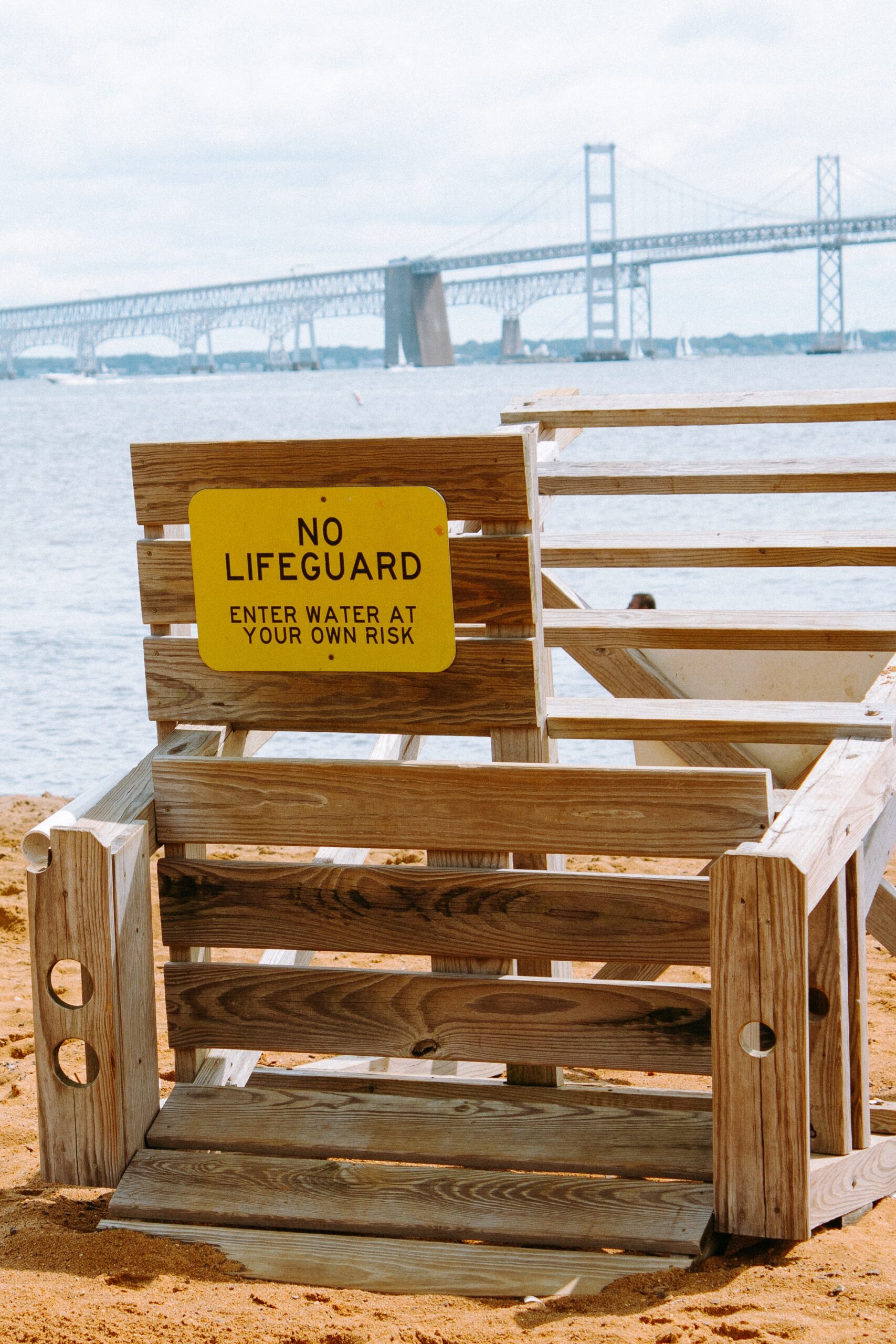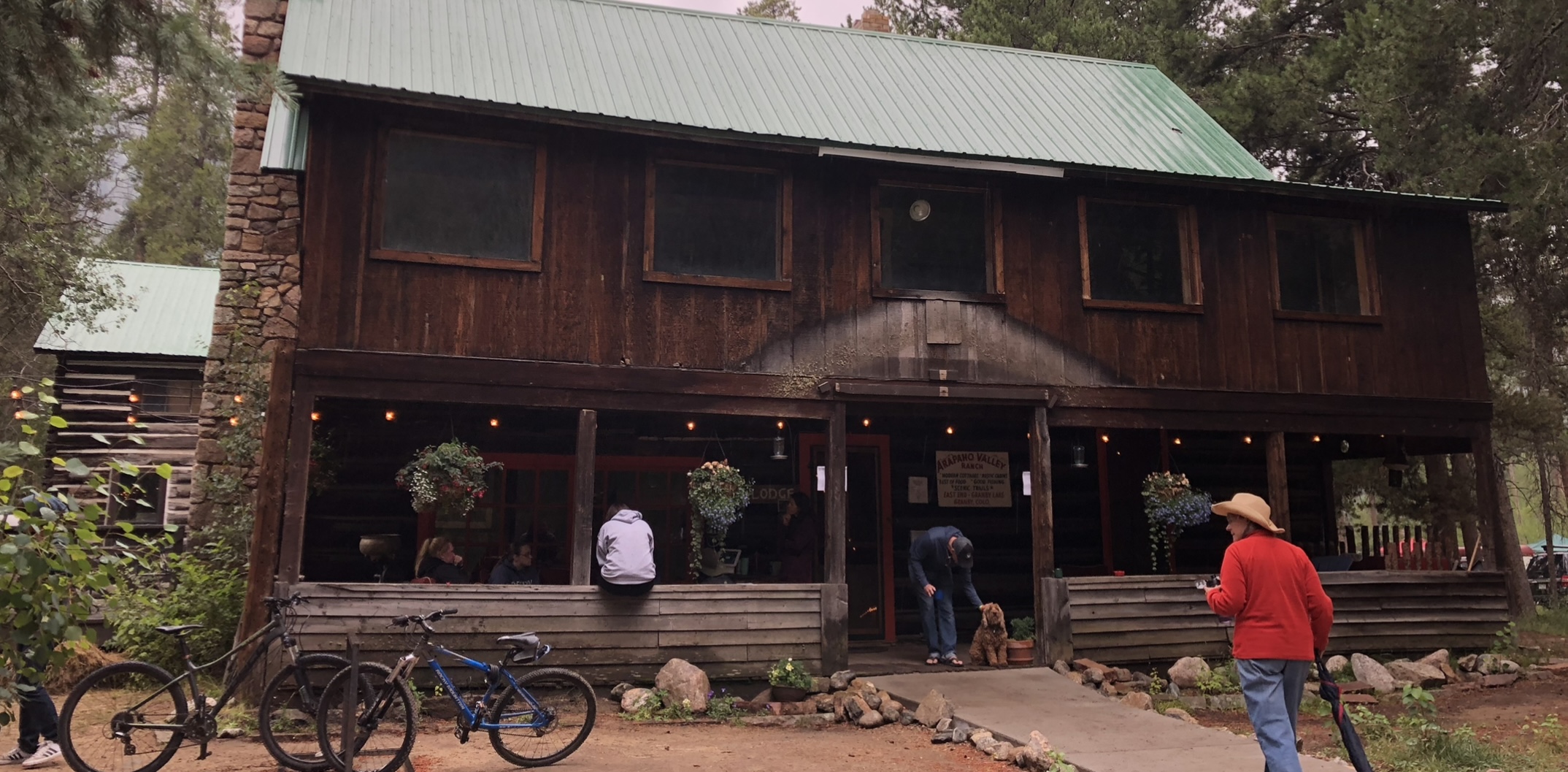As business researchers, we seek knowledge and insight necessary to drive customer outcomes and our own success.
It’s what I call ‘requisite hidden knowledge’. Requisite because the insights are required to realize success. Hidden because those insights are invisible until we go vigorously, actively uncover them. And then apply them.
The most revealing and rich source of requisite hidden knowledge is the user experience. For most of us inside and outside the research professions, experience is an unpredictable, dynamic, realtime unfolding. Most of us simply live it and don’t stop to witness and consider it.
In useful and revealing ways, the roles in research resemble the roles in the making of movies.
To realize maximum results from the research process means the researcher plays the role of both the script writer and the director, to encourage the most alert, emotional, curious state of mind of the subject, the ‘user’ in user experience.
Everybody’s a dreamer, everybody’s a star, everybody’s in show biz, doesn’t matter who you are. — The Kinks
Then the researcher becomes more than an observer. She is an active participant in the process, to question creatively and direct the flow of the experience for maximum engagement and insight.
As with the script writer in a movie production, the creation of the research process happens before the set is constructed, before the actors step onto the scene, and before any action occurs.
As with the director in a movie, the scene then must be managed for maximum effect in the moment, once all the pieces are in place and the players assume their positions and their roles.
The director/researcher may follow the pre-written script precisely, or she may ask for minor adjustments as the action and the scene unfolds, or she may make dramatic changes to the flow based on the demands and the opportunities in the moment.
She may throw out entire scenes, ask for new ones, or insist that others be rewritten. Such are the challenges and opportunities of a masterful interviewer and researcher as well.
Her role here must go beyond and include all the responsibilities of the scriptwriter and the director.
Here the objective of the entire research production diverges from those of the film: those movie production professionals aim to invent a new fictional reality, to cast a narrative spell and flow that the audience can get lost in, escape into, and appreciate.
The movie and the artists who construct it are crafting conjured truths, or a fictional representation of a truth they find compelling. That crafted truth, that new reality or knowledge set or experience is the platform, the fabric, the substance of their artistic efforts and results as the finished movie.
We, the movie-viewing public and the professional movie-reviewing community, can recognize immediately how well the production creates and sustains that narrative spell and how interesting or compelling that narrative comes across — or not.
However, as researchers, our goal is fundamentally different, though the art we practice to get there demands similar skills, methods, and tools as the movie.
The actors in our production possess the narrative, we cannot conjure or invent it. There can be no fiction here. They are the path, the only path, to that narrative spell, to that compelling story that reveals so much about how well we are serving them and what they need served.
As the director of my research “production,” my subjects, the actors who aren’t acting at all but are playing out their real-life challenges, fears, frustrations, and delights for me real time — they possess the narrative. And that narrative is hidden, so I must pry, coax, draw it gently (or sometimes, more forcefully) from them.
And that narrative is so often necessary to achieve our stated mission, is so often the ‘requisite’ in requisite hidden knowledge.
So, researcher — think of yourself as the scriptwriter and the director for a narrative you know little or nothing about, that will be revealed to you as you direct your players through the ongoing narrative of their lives.
The better you direct the scene, the better you can read their minds, touch their hearts, map their lives, the more compelling and useful will be the narrative spell you create.



